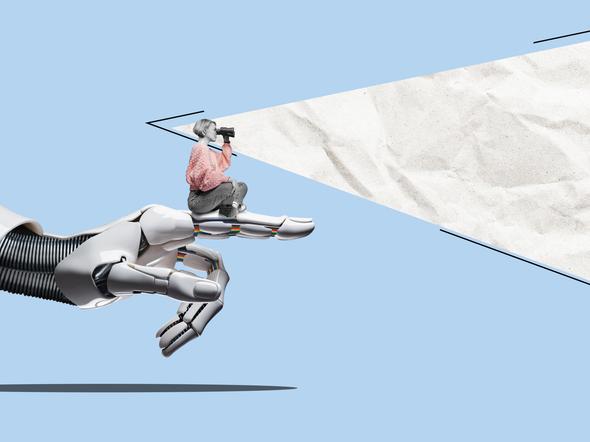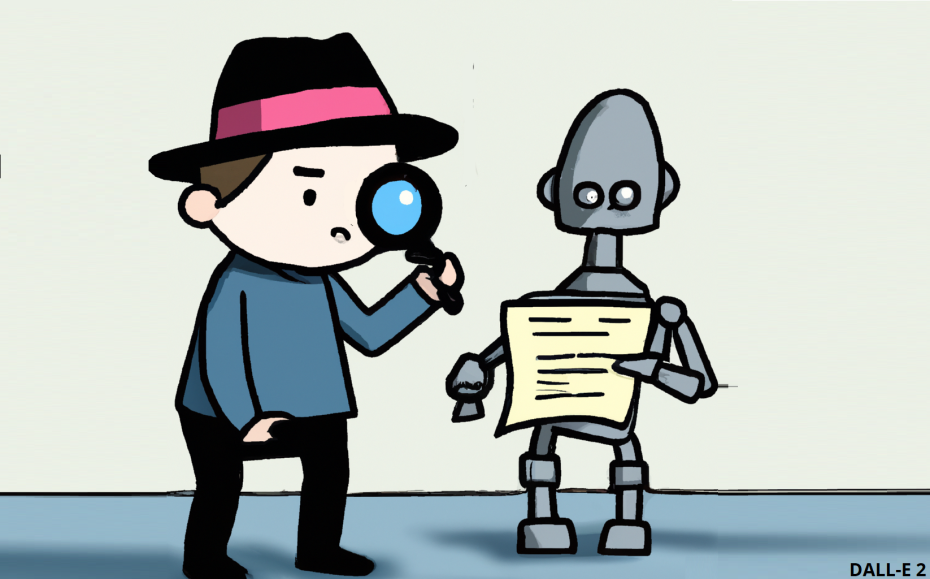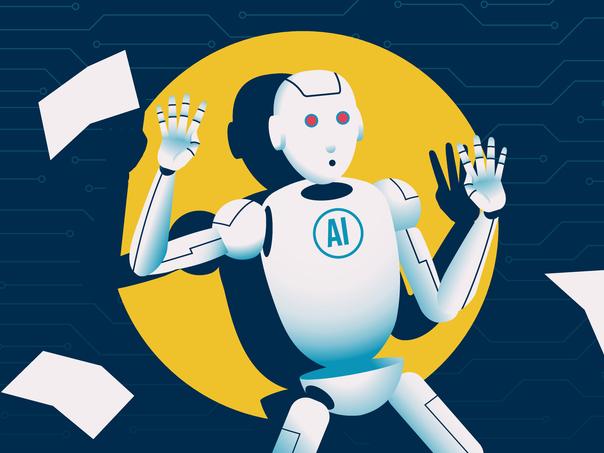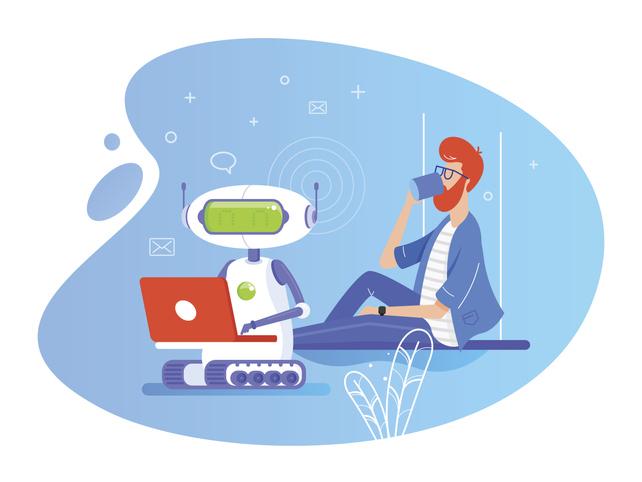No sooner had generative AI tools, such as ChatGPT, ignited fears in universities about risk to assessment practices and academic integrity than academics set to working out how to embrace it to save time and enrich student skills such as critical thinking and analysis. This has required consideration of not only how to use artificial intelligence (AI) in university assessment in the future but also a rethink of past exam, assignment and evaluation practices. This diverse collection of resources includes advice on how to engineer prompts, use AI for authentic assessment design, whether to lean into AI-detection tools, how to build digital literacy and AI’s role in developing soft skills in lifelong learning.

Critical thinking is a future-proof skill in high demand from employers. The arrival of artificial intelligence, specifically GenAI, makes honing critical thinking among students and academics even more vital since large language models excel in lower-order tasks such as reproducing information but are limited in their higher order analytical abilities. These resources explore how to use GenAI to train students in critical analysis and interrogation.
They are questions plaguing many university educators – how can you detect if students have used artificial intelligence for their work? And does it matter if they have? From the dependability of AI detectors to common features of AI generated content, these resources explore how academics might identify GenAI input and combat cheating but also whether a new understanding of academic integrity is needed for the digital age.
With digital tools and AI readily available to all, the traditional essay exam is fraught with challenges. But many educators have welcomed this forced rethink of university assessments learning towards more authentic activities and assignments in which real-world skills and understanding are assessed. From presentations and discussions to group projects, these resources outline alternative ways to evaluate learning that mitigate or work alongside GenAI.
GenAI is fast becoming ubiquitous so rather than reject, ignore or even ban its use, most agree that universities should teach students how to use it effectively and draw on its educational potential. This can take many forms from designing assignments around AI use to harnessing large language models as feedback tools, as these resources explain.




















